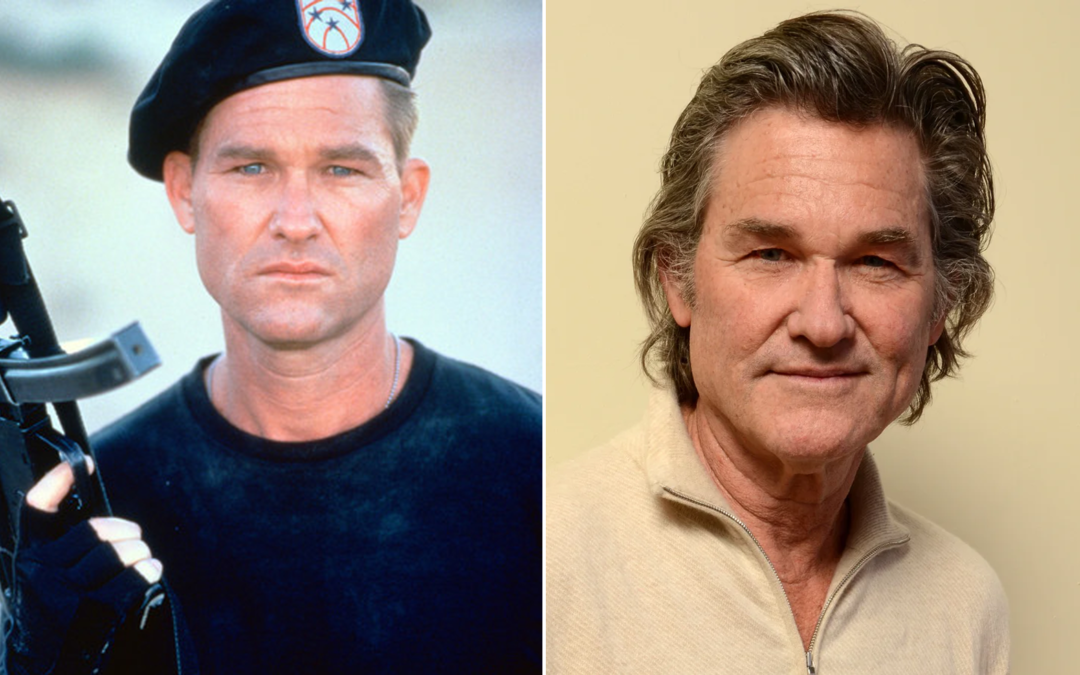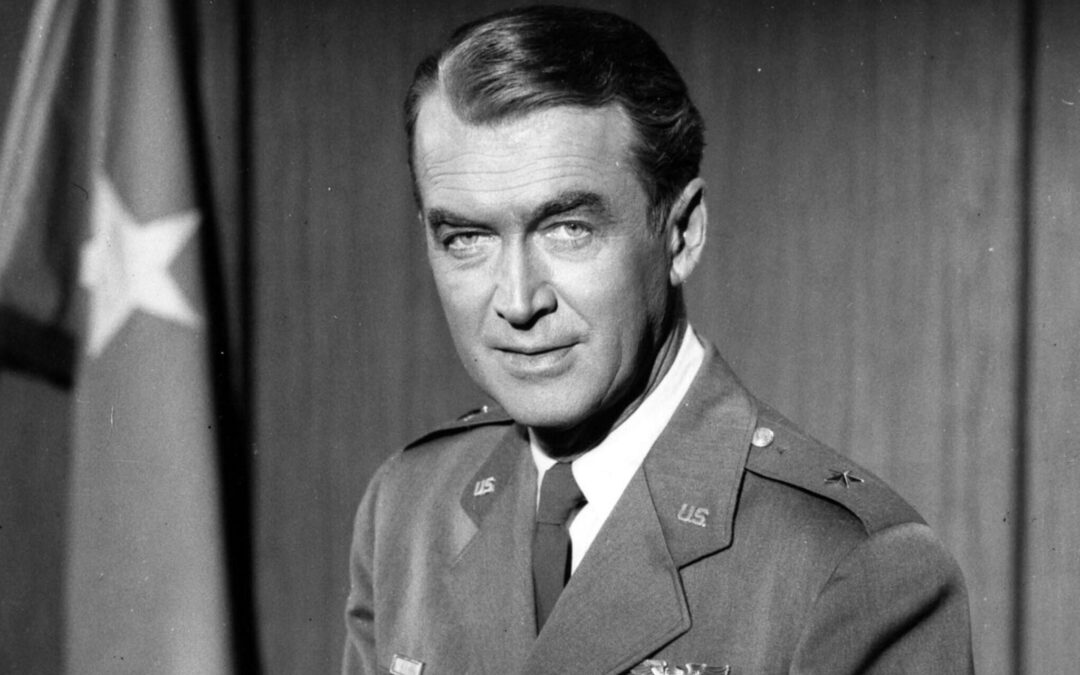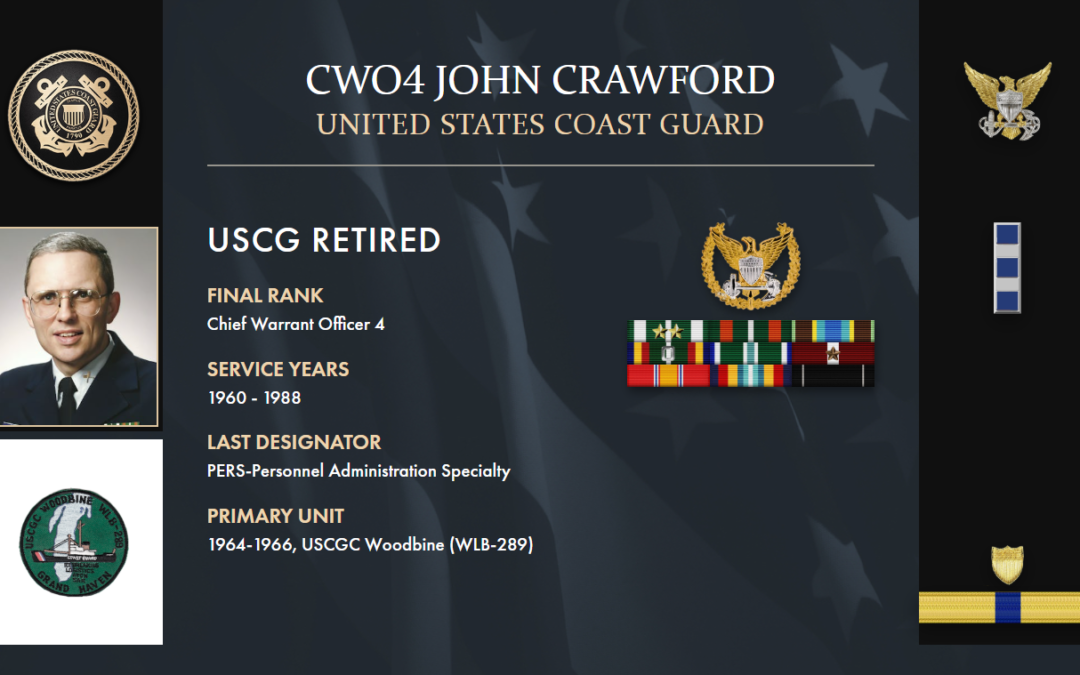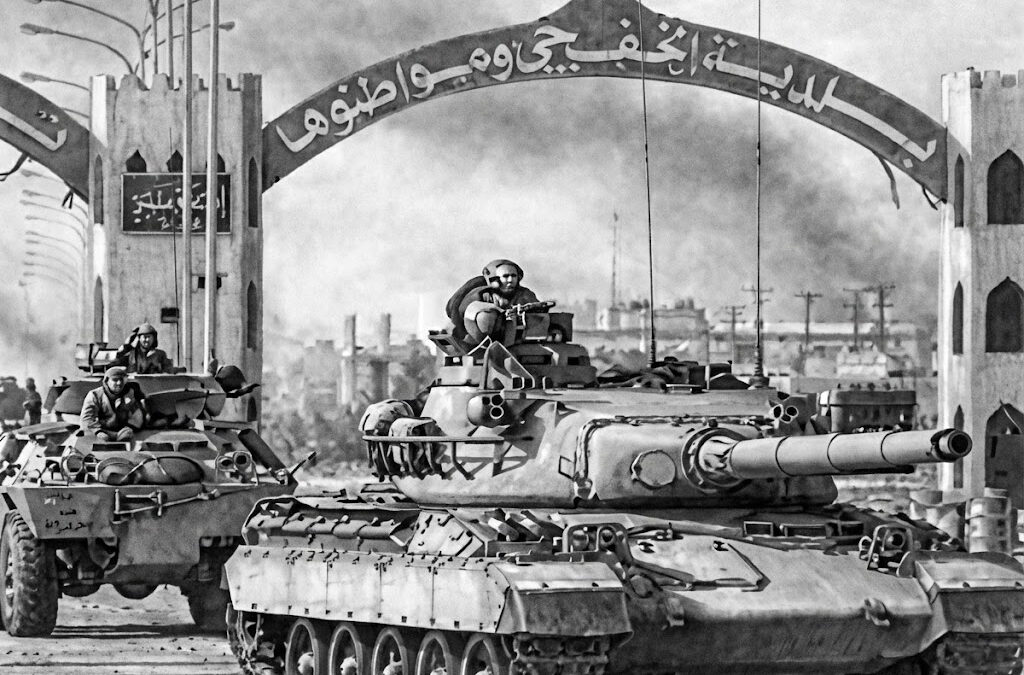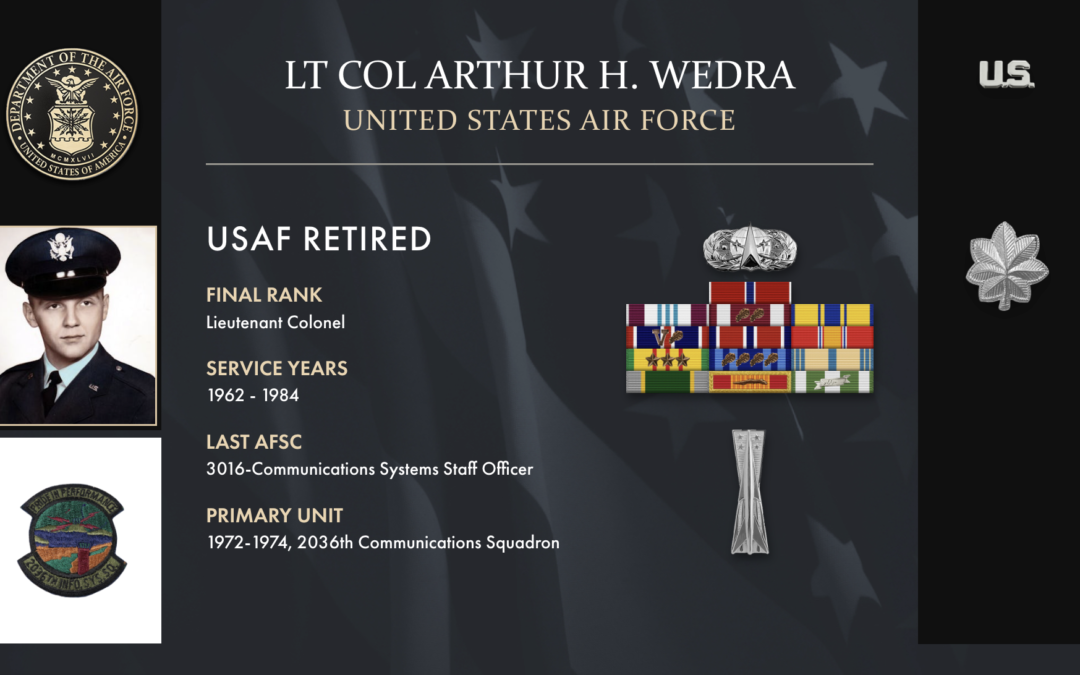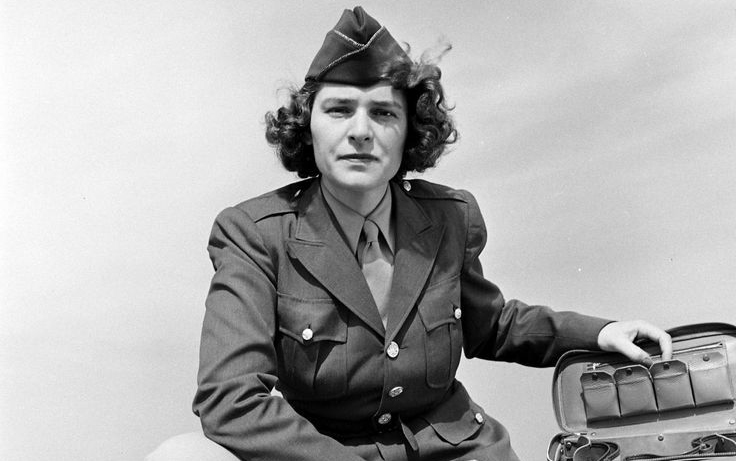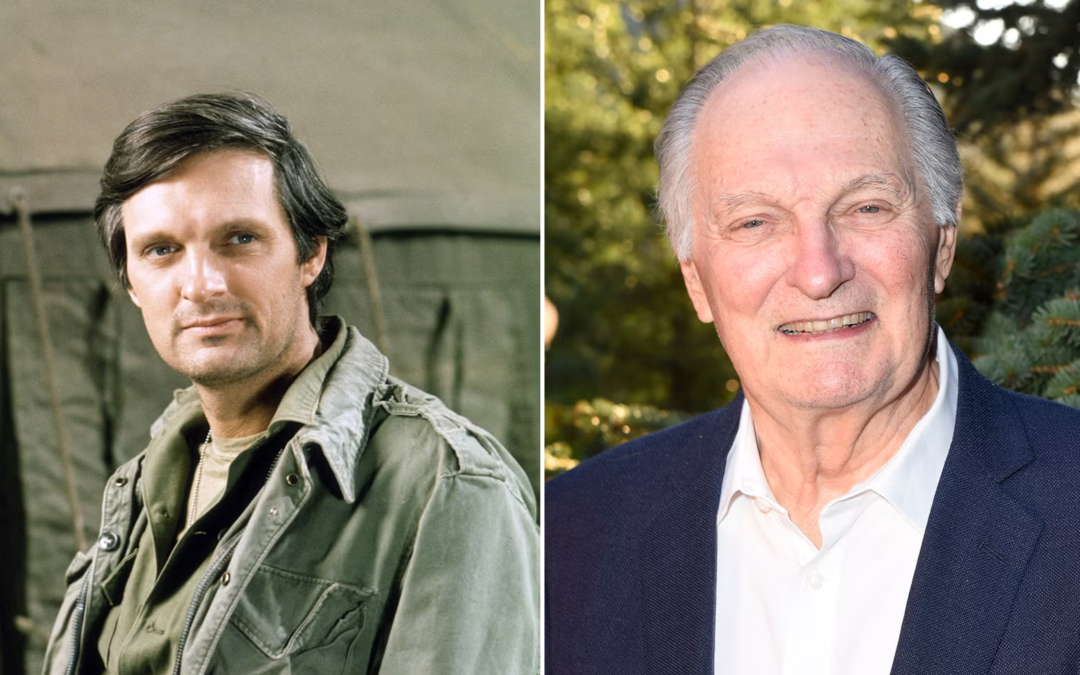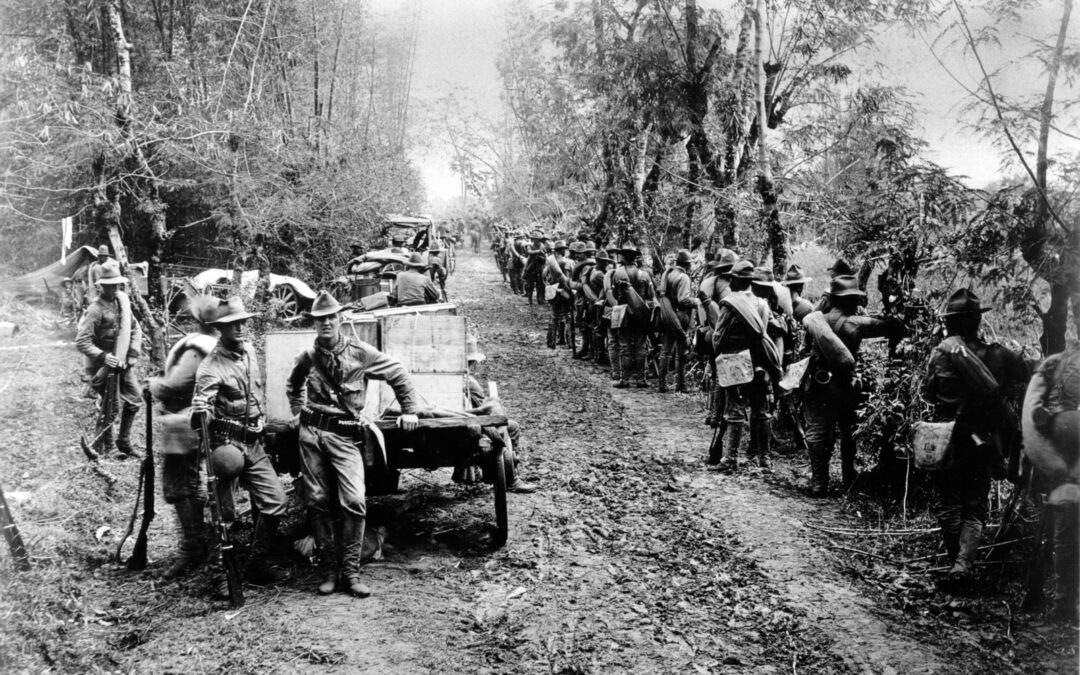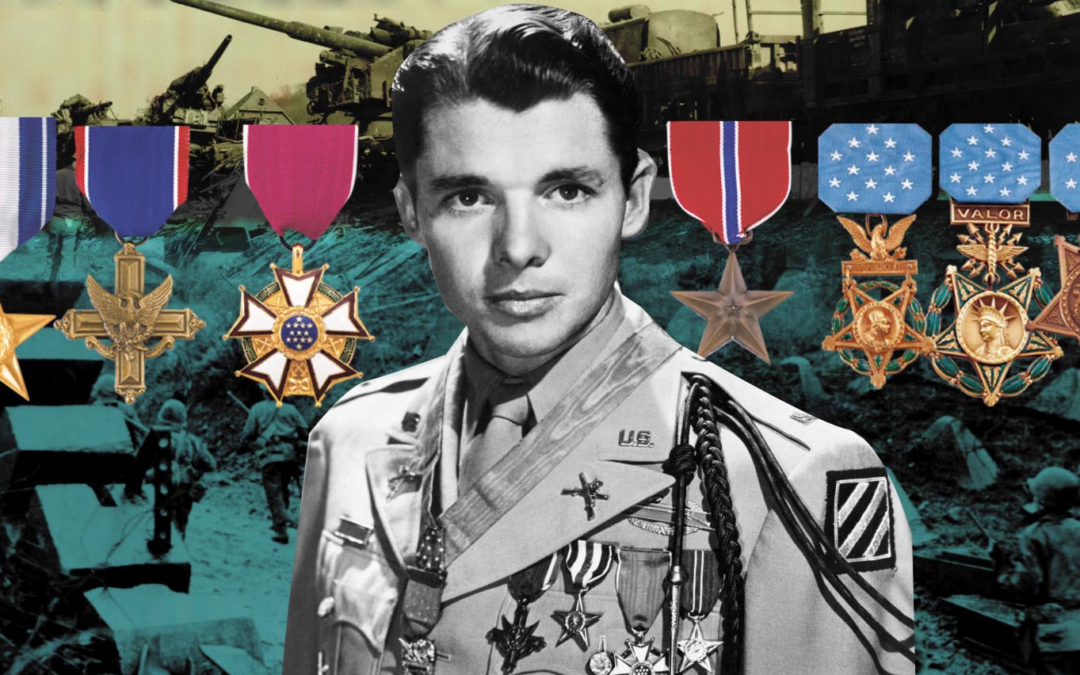Kurt Russell is one of Hollywood’s most recognizable actors, known for a career that spans action, drama and westerns. From Escape from New York to Tombstone and The Hateful Eight, he built a reputation for portraying resilient, grounded and disciplined characters. Long before becoming a screen icon, however, Russell served in the California Air National Guard, an experience that helped shape his work ethic and sense of responsibility. While his military service did not involve combat, it represented a formative chapter in his life. TogetherWeServed honors Kurt Russell by highlighting his time in uniform, his early years and the lasting legacy he built both on and off the screen. Kurt Russell’s Early Life and Roots Kurt Vogel Russell was born on March 17, 1951, in Springfield, Massachusetts, to Louise Julia Russell, a dancer and Bing Russell, an actor and former professional baseball player. Raised in a household that blended creativity and athletics, Kurt developed interests in both...
